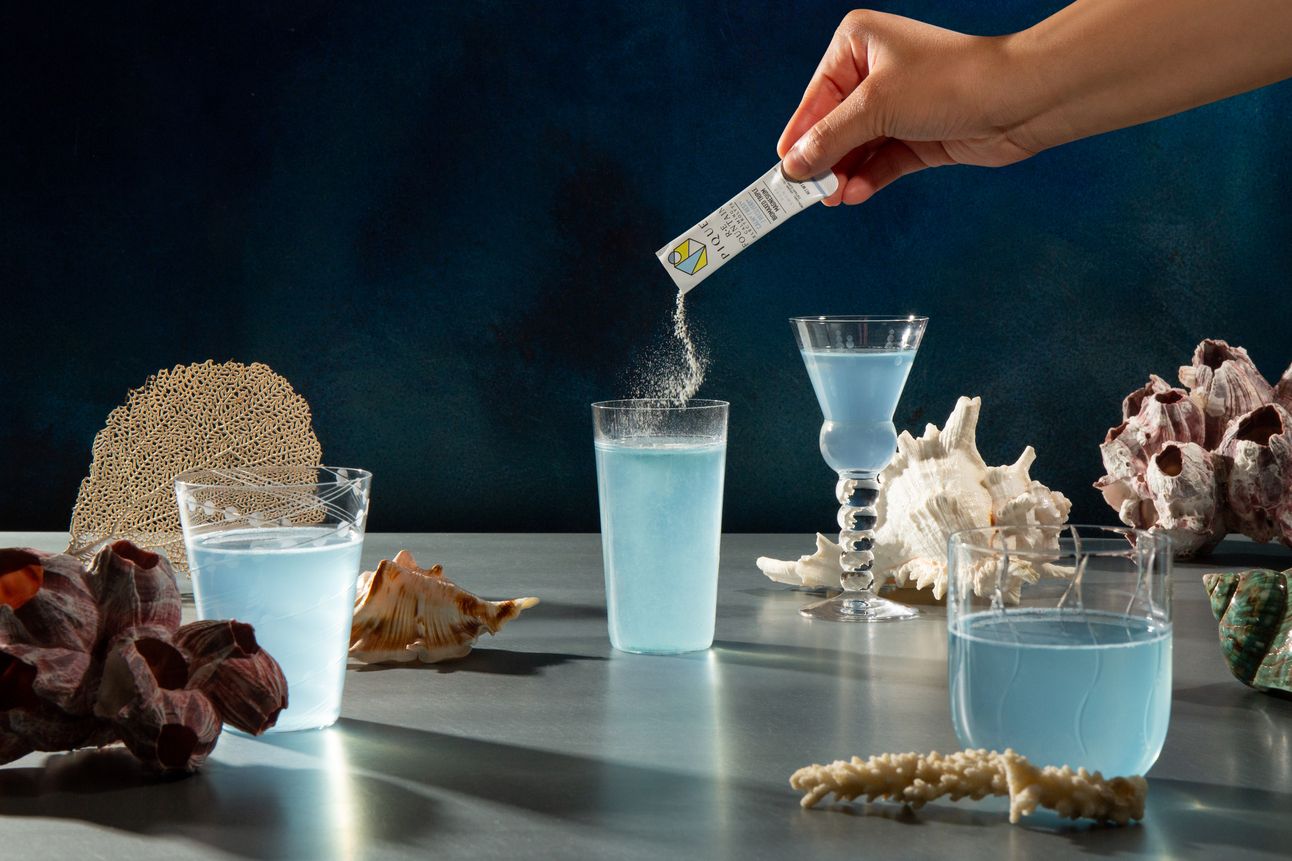

Hello {{First Name|there}},
Can cutting off a blood supply help stop cancer in its tracks?
A recent study from the National Cancer Institute, published in the New England Journal of Medicine, suggests it might. It’s now offering hope to patients with one of the most difficult-to-treat cancers.
This new treatment approach targets a rare and aggressive form of kidney cancer known as HLRCC-associated papillary renal cell carcinoma. This condition is linked to an inherited genetic mutation that increases the risk of tumors, particularly in the kidneys and uterus.
Until now, there have been no effective treatment options for patients with advanced stages of this cancer. Most face rapid disease progression and limited survival of 16 to 21 months.
But a team of researchers behind the study have uncovered a new approach that could offer patients more time, and more hope.
What the Study Found
In this phase 2 clinical trial, researchers explored whether two existing cancer treatments could be used in a new way to help patients with advanced kidney cancer. Bevacizumab (Avastin) is a drug that blocks blood vessel growth, a process known as angiogenesis. Erlotinib (Tarceva) is a therapy that interferes with the signals that cancer cells use to grow and divide.
The study enrolled 83 patients, who were divided into two groups based on the type of cancer:
43 had HLRCC-associated papillary renal cell carcinoma, a rare, inherited form
40 had sporadic papillary RCC, a more common non-inherited type
For patients with the hereditary cancer, the results were especially promising:
72% had a confirmed response to treatment, meaning their tumors shrank or disappeared
The cancer remained stable for a median of 21.1 months
Median overall survival was doubled at 44.6 months compared to other retrospective studies
A notable proportion of patients continued therapy for extended periods, with 35% receiving treatment for more than 2 years and 23% for more than 3 years
Patients with the sporadic form of the disease also saw benefit, though not as strong. 35% had a confirmed response, with shorter periods of disease control and survival.
Why Angiogenesis Matters

As mentioned earlier, one of the treatments used in this study, bevacizumab (Avastin), works by blocking angiogenesis, the process by which the body forms new blood vessels.
While angiogenesis is essential in healthy tissues, tumors can hijack this system to grow and spread. Cancerous tumors release signals that encourage new blood vessels to form around them, creating a supply line for oxygen and nutrients.
Targeting angiogenesis was especially important in this case because a genetic defect in HLRCC-related cancer cells causes an accumulation of a substance called fumarate. This buildup activates pathways that strongly promote blood vessel formation and tumor growth, making these tumors particularly vulnerable to therapies that block angiogenesis.
Bevacizumab disrupts this process by targeting VEGF (vascular endothelial growth factor), a protein that plays a central role in blood vessel formation. By interfering with VEGF, the treatment cuts off the tumor’s blood supply and helps slow or stop its growth.
This study highlights the growing role of angiogenesis-based therapies in treating difficult cancers, including those that are aggressive, inherited, and historically hard to treat.
The takeaway?
This study highlights how understanding and targeting angiogenesis can open the door to new treatment possibilities—even for rare, aggressive, and previously untreatable cancers.
At the Angiogenesis Foundation, we remain committed to advancing science that transforms lives through the body’s own blood vessel system.
Stay connected for more science spotlights, breakthroughs, and updates on how angiogenesis is changing the future of medicine.
Best wishes,
- The Angiogenesis Foundation
The Cleanest Electrolyte Ever—And It Helps You Sleep
You’ve never experienced an electrolyte like this.
Introducing R•E Fountain by Pique — the cleanest electrolyte on the market, designed specifically for deep, restorative sleep. No sugar. No fillers. No artificial flavorings. Just triple-biomaxed magnesium (glycinate, taurate, and L-threonate), real lemon and lemongrass, and Himalayan pink salt.
RE Fountain is what your evening routine has been missing. It’s a soothing, spa-inspired nightcap that calms your nervous system, helps you fall asleep faster, and supports cognitive recovery—so you wake up feeling sharp, not sluggish.
From the first drink, you’ll feel a wave of calm. Within weeks, deeper sleep and brighter mornings become your new normal. No melatonin grogginess. No gut disruption. Just clean, science-backed calm in a glass.
Sleep experts and wellness pros are already making it their go-to nightly ritual.
💧 Sleep clean. Wake clear.


